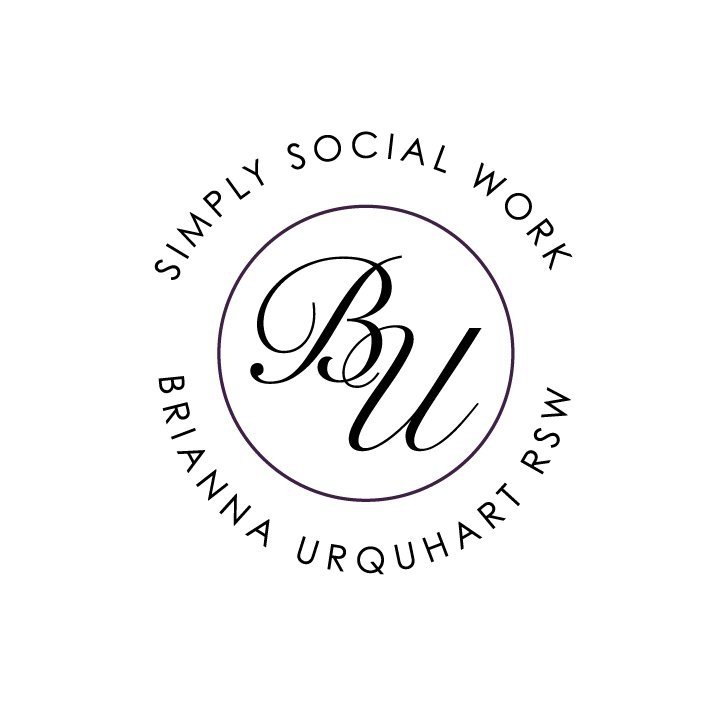Caregiving As a Professional
I’ve been asked many times what it’s like to be a caregiver. People who have never experienced the role are curious about what it entails. How it feels to support a friend or loved one, or how it feels if you have made caregiving your career. The questions are always interesting to me, because there are many aspects of my identity that come into play.
As a social worker, there are answers based on current research, my education, and my experiences with my clients. It is a blend of theoretical and experiential answers that come to mind. As a social worker who used to work in a more frontline-caregiving capacity, that is a different lens. There were many aspects of that role that are completely different from supporting caregivers or even caregiving for someone close to you; it has its own unique challenges and advantages. Those sometimes cross my mind even before we get to what the person is really asking: what is caregiving like for you? What does it mean to you? The question is about my experience and that of my family. And, let me tell you, that is a very different answer than my answer as a social worker or as a former rehabilitative care worker.
Yet all three of those roles are what help shape my identity and my experiences. Having professional knowledge has been immensely helpful in navigating services for my loved ones in a system that, quite frankly, is woefully insufficient. I know the assessment tools they will use, questions to ask, and also how to advocate for the support that we sometimes have to fight very hard to obtain. I consider our family lucky that I have this insider information.
The problem, of course, is that I am still a working professional. Many caregivers are. There are a lot of expenses attached to an illness, condition, or disability (sorry to burst your bubble if you were under the widely popular misunderstanding that Canada has “free healthcare”. We have a long way to go before that happens). The outside world does not stop the day ours does. So, here’s a glimpse of what you can expect as a caregiver:
Your time becomes incredibly precious. When you are a caregiver, you virtually always feel busy. There is always support to provide, a phone call to answer, an appointment to schedule/reschedule, a meal to cook, or something to clean. If you do not learn how to manage your time effectively, it can quickly become overwhelming. You also need to prioritize and eliminate anything that can reasonably be taken off your plate. The less you are responsible for, the better.
You become good at multitasking and time-management. If you find yourself unable to keep track of your schedule or switch from task to task, caregiving and continuing to work may not be for you. Keep in mind, however, that this is a skill you can learn! As a practicing social worker who also is a caregiver, there are times when my day feels like a back-and-forth between work tasks (e.g. sessions, client care, admin, marketing) and caregiving (e.g. meal prep, support with ADLs, scheduling.
You will feel a LOT of emotions. Being a caregiver is an emotional rollercoaster. If you are also working, you get doses of normalcy that sometimes is a welcome distraction, but other times can feel like a slap in the face. It is normal to feel a whole host of emotions throughout your day as you bounce between professional, personal, and caregiving responsibilities. Be patient and kind with yourself.
Self-care becomes easy to forget. Do not fall for this one!! Yes, you have a lot to do, but if you are not helping yourself you will hit burnout before you even register that there is a problem. Slow down, make sure at the minimum that your basic needs are taken care of: meals, water, sleep, socialization. Even if it is just texting with a friend that day. If you do not consciously include self-care in your carefully-crafted schedule, you will forget about it because there are always other things to take its place.
Your coworkers and boss won’t understand - and that’s okay. Having a supportive professional environment is essential, but that doesn’t necessarily mean that people will truly understand. Unless you have been a caregiver yourself, it is hard to fathom how it feels, the sheer magnitude of what it can etail, and the impact it can have. The important thing to cultivate is work relationships that support you and your unique needs, even if it means answering some questions or explaining things that, to you, seem really obvious.

